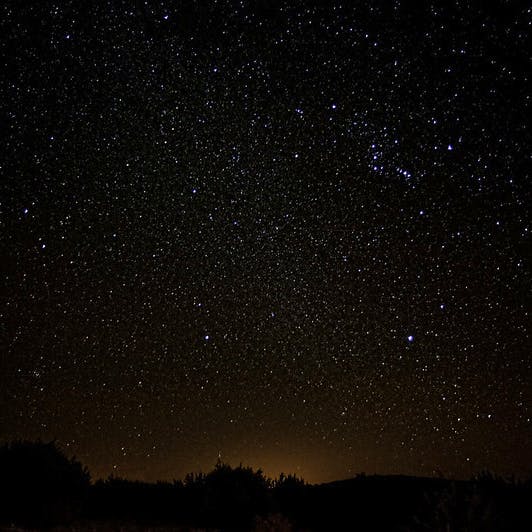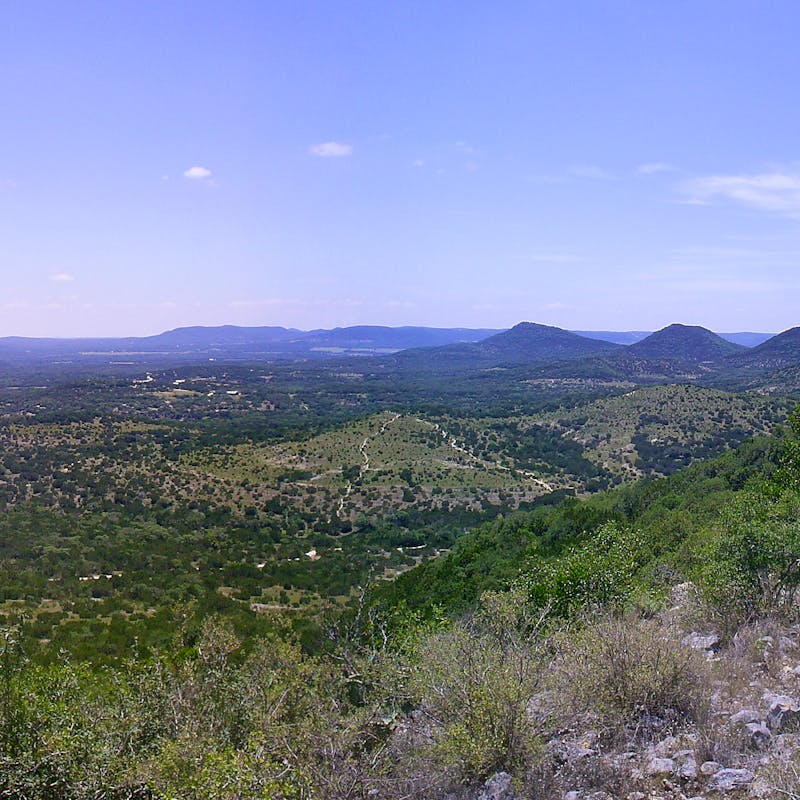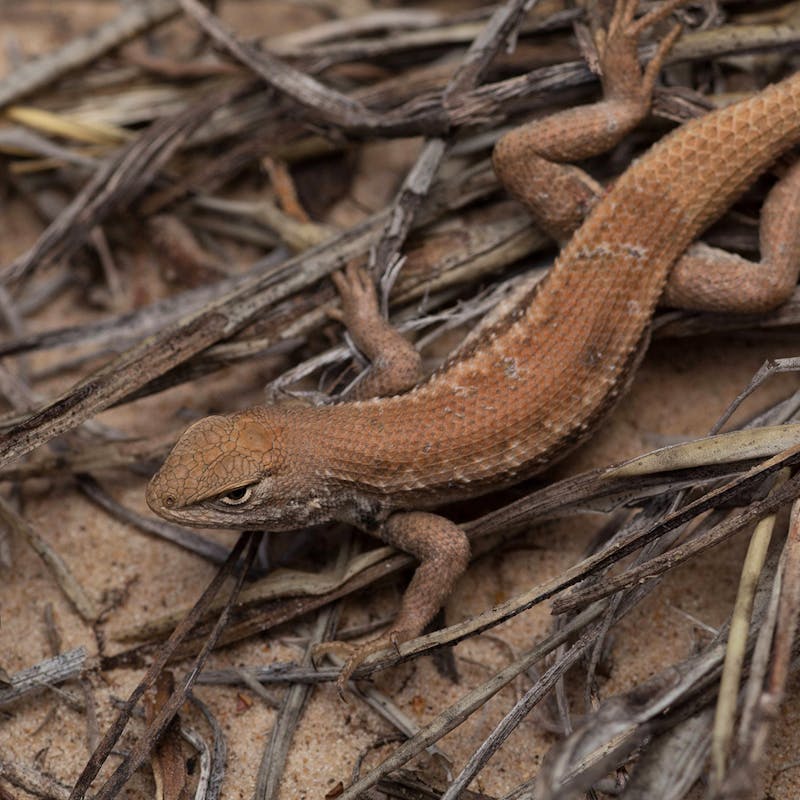From the mountains of the northern Chihuahuan desert to the flat stretches of the Permian Basin, the Trans-Pecos and Permian Basin region represents wide swaths of West Texas.
The Permian Basin is a large sedimentary basin located in western Texas and southeastern New Mexico. One of the largest oil and gas reserves in the world, the region covers more than 86,000 square miles and offers short-term economic growth to the state.
However, the current fracking and drilling activities are also destroying habitat for endangered species and threatening the long-term integrity of West Texas’ aquifer. The unique sands, coveted by the fracking industry, are home to the dunes sagebrush lizard, found only in this region of Texas and New Mexico. The lizard’s habit is increasingly threatened as more fracking occurs. While some energy companies do participate in conservation agreements to limit impact on dune habitat, most oil, gas and fracking companies are still reluctant to help guarantee the lizard’s survival in Texas.
The Trans-Pecos region hosts great desert biodiversity as the mountains cross “west of the Pecos” river into far west Texas. For example, there are five species of state protected freshwater mussels in the riverine habitat of Trans-Pecos area.
Habitat loss from oil and gas development, agriculture and urbanization are the greatest threats to this landscape. Long harmed by habitat loss from energy development, the dunes sagebrush lizard is one of the most imperiled lizards in the United States. Most of its habitat is in the Permian Basin, which produces more than 1 million barrels of oil a day, or about 20 percent of all production in the lower 48 U.S. states. The species faces a new and potentially greater threat from sand mining – used for oil and gas fracking − in its already limited habitat in Texas.
Defenders has a history of endangered species advocacy in West Texas. Defenders’ Center for Conservation Innovation and Conservation Law Department are collaborating in campaigns to protect the dunes sagebrush lizard and lesser prairie chicken in western Texas where each species is facing threats related to the alteration of their habitats.
Our work has utilized scientific and legal tools to advocate for imperiled species, including spatial analysis and species conservation reports to identify threats to species, and petitions, public comments, and litigation to compel action on their behalf. The creation of a Texas-based field office in 2018 allows us to develop a place-based outreach program focused on collaboration with those who own, lease, and work Texas lands.
Our Texas-based staff is also working to find ways to engage the energy industry, landowners and federal and state agencies for greater cooperation in species protection throughout the region to ensure a future for wild west Texas.
Trans-Pecos Blog Posts








